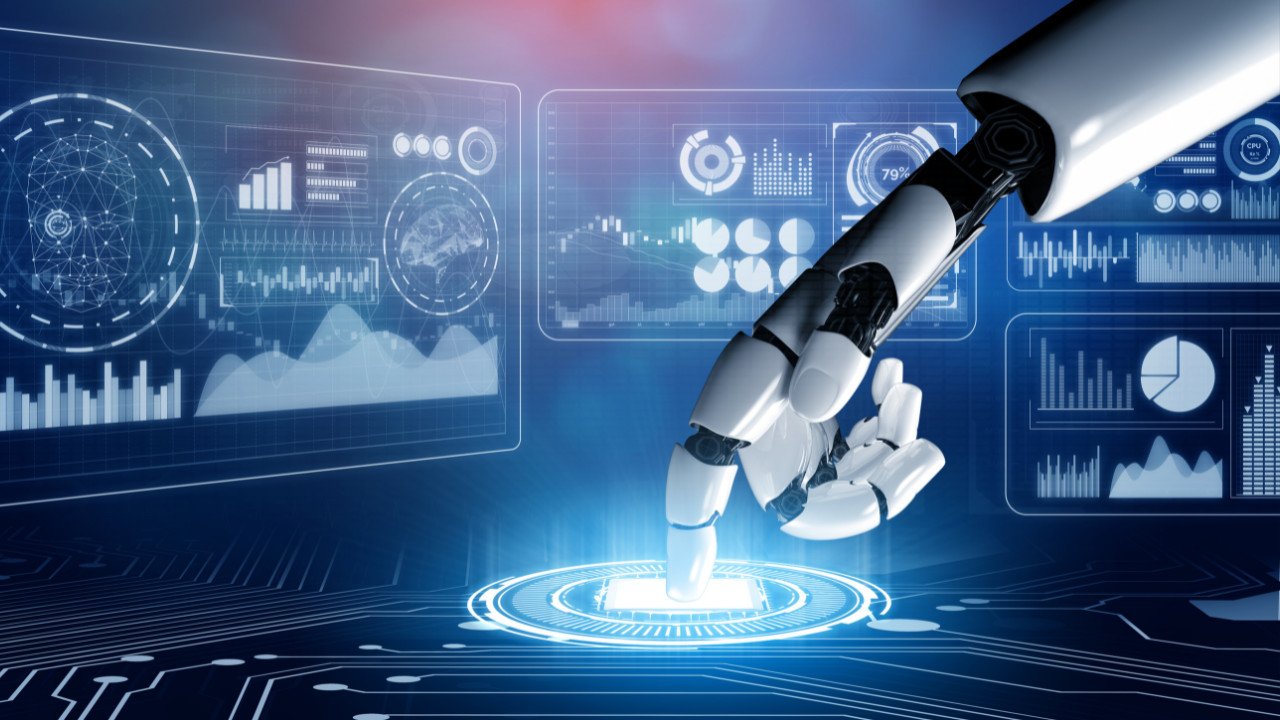
1: AI-Powered Threat Detection and Prevention
AI and machine learning play a pivotal role in enhancing biotech cybersecurity by enabling advanced threat detection and prevention capabilities. This topic explores how AI algorithms analyze vast amounts of data from diverse sources to identify patterns indicative of potential cyber threats. By leveraging machine learning models trained on historical cyber attack data, biotech companies can proactively detect and mitigate emerging threats in real-time. AI-powered threat detection systems can identify anomalous behavior, malicious activities, and known attack signatures, enabling swift response and remediation to mitigate the risk of cyber attacks.
2: Adaptive Authentication and Access Control
AI-driven adaptive authentication and access control solutions provide biotech companies with granular control over user access privileges while continuously assessing risk factors to ensure secure access to sensitive data and systems. This topic delves into how AI algorithms analyze user behavior, device characteristics, and contextual factors to dynamically adjust authentication requirements and access permissions based on risk levels. By employing machine learning techniques, biotech companies can detect anomalies and suspicious activities indicative of unauthorized access attempts, enabling proactive enforcement of security policies and prevention of potential data breaches or insider threats.
3: Predictive Analytics for Cyber Risk Management
Predictive analytics powered by AI and machine learning enable biotech companies to assess and forecast cyber risks, anticipate potential vulnerabilities, and prioritize proactive security measures to mitigate threats. This topic explores how predictive analytics algorithms analyze historical data, industry trends, and threat intelligence to identify patterns and correlations indicative of future cyber threats. By leveraging predictive analytics, biotech companies can anticipate evolving attack vectors, emerging vulnerabilities, and potential attack scenarios, enabling them to allocate resources effectively, enhance cybersecurity posture, and preemptively address potential risks before they materialize.
4: AI-Driven Threat Intelligence and Cyber Defense
AI-driven threat intelligence platforms empower biotech companies with real-time insights into the evolving threat landscape, enabling proactive cyber defense strategies and informed decision-making. This topic examines how AI algorithms analyze vast volumes of structured and unstructured data from internal and external sources to identify emerging threats, attack patterns, and malicious activities. By aggregating and correlating threat intelligence data, AI-driven platforms provide biotech companies with actionable insights and recommendations to strengthen cyber defenses, prioritize threat response efforts, and mitigate the risk of cyber attacks effectively.
5: AI-Powered Security Orchestration and Automation
AI-powered security orchestration and automation platforms streamline incident response workflows, enhance operational efficiency, and enable rapid threat containment and remediation. This topic explores how AI algorithms automate routine security tasks, orchestrate response actions across disparate security tools and systems, and facilitate collaboration among security teams. By leveraging machine learning capabilities, biotech companies can accelerate incident detection, analysis, and response, minimizing the time to detect and mitigate cyber threats and reducing the impact of security incidents on business operations.
6: Ethical Considerations and Bias Mitigation in AI-Powered Cybersecurity
AI-driven cybersecurity solutions raise ethical considerations regarding data privacy, transparency, and fairness, as well as the potential for algorithmic bias and unintended consequences. This topic examines ethical considerations associated with AI-powered cybersecurity in the biotech industry, including data privacy regulations, algorithm transparency, and bias mitigation strategies. Biotech companies must adopt ethical AI principles, ensure transparency in AI algorithms and decision-making processes, and implement bias mitigation techniques to minimize the risk of unintended outcomes and uphold ethical standards in cybersecurity operations. By addressing ethical considerations, biotech companies can build trust with stakeholders, foster responsible AI deployment, and ensure the ethical use of AI in cybersecurity endeavors.

